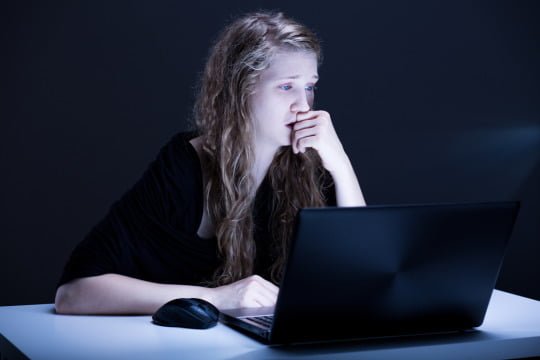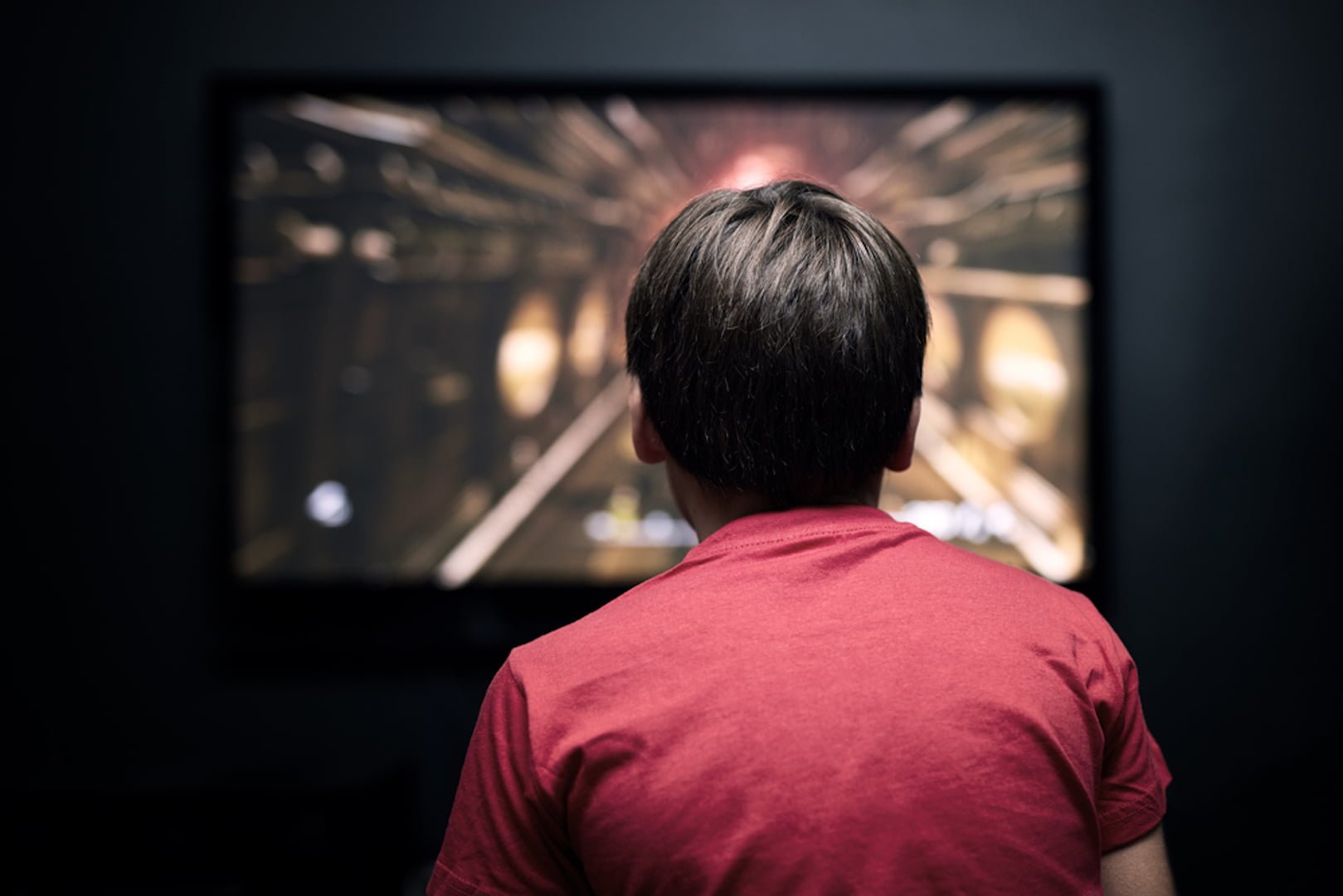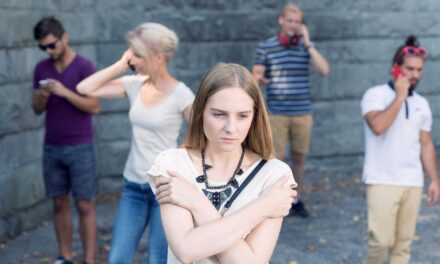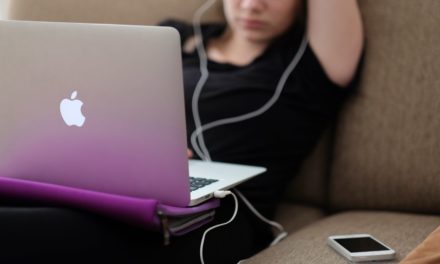Staff worked very late that night trying to get the clip taken down. Not an easy task. YouTube is owned by Google, an American company. When we contacted them in America we were confronted with ‘freedom of speech’ monologues. Days later we finally convinced them that the film was placing the child’s wellbeing in danger. He was distraught and was reliving the pain every time the clip was viewed. The repetitive nature of the clip sharing and the hundreds of taunting comments posted to YouTube are what makes this a bullying incident.
It was eventually taken down, but it was too late. By then it had been shared countless times and published under a multitude of headings. His family and the school were left to pick up the pieces. I would hope that YouTube would act more responsibly today.
I doubt you are terribly surprised by this story. These days it is fairly common. But in 2008 it was a new and horrifying experience. I remember being disgusted at the idea that someone anonymously posted that film to YouTube and then hundreds of people equally as anonymously cheered it on. We need to still be horrified by this sort of behaviour.
How can a country that is so protective of minors in the real world, be so powerless to help in cyberspace? Clichés about the Internet being the new Wild West abound. However, it’s true, legislation simply doesn’t keep up with the innovations in technology and its global nature. But, hopefully, that is starting to change.
Twelve months ago, Australia established the Office of the Children’s eSafety Commissioner. Their role is to:·
- Provide young people with online safety education·
- Intervene in serious cases of cyber bullying
- Address illegal online content, including the exploitation of children
The Office is a consequence of the Enhancing Online Safety for Children Act 2015 that was passed last year. For some people this is another government body imposing nanny-state sanctions. However, for many of us who have children, work with children or champion children, the only question will be, is their reach great enough?
In the context of education the most important aspect of the Commissioner’s work is in relation to cyber bullying and education. 1 in 5 Australian children aged 8 to 17 has been cyber bullied in the last year. The most vulnerable children are:
- Special needs
- Those from alternative cultural backgrounds
- Problem Internet users
Often children and their parents feel overwhelmed and don’t know where, or how, to start addressing the problem. The Commission states, “The role of the Commissioner’s Office is to resolve complaints about cyber bullying where the material is likely to seriously threaten, seriously intimidate, seriously harass orseriously humiliate an Australian child under the age of 18.” The emphasis is clearly on ‘serious’ bullying. That means more than just ‘insulting or offensive’.
The Commission makes a point of ensuring that the complainant speaks first to the media site on which the bullying has occurred. After that the eSafety Commission will step in. The Commissioner can:They will contact the offender to let them know that they are under investigation. For most people, that will be enough. For others, the police will take action.
To say the Commission has had a ‘soft launch’ would be an understatement. I work in education and I’d never heard of them. The eSafety Commission began their education program by going to Parliament House and running their program with politicians and parliamentary staff. Probably a wise move. They have then gone on to create online classroom programs and visit schools. They have quietly gone about impacting 47,000 children since July 2015.
Ultimately the role of impressing upon our children the importance of good digital citizenship is ours. Teachers and parents need to understand technology in order to guide and monitor children. That means using technology and visiting the places they visit online. You wouldn’t let your child wander around wherever they please in the real world. The same applies in cyberspace.
In a recent presentation to teachers and youth workers by Greg Gebhart, who works for the Commission, these interesting points were made. They have implications that parents and schools should be considering:
- In the last two years there has been a marked increase in the use of the Internet by school-aged children between 10.00 pm and midnight.Children should never have phones or any other device in their bedroom.
- The largest proportion of complaints are made by 15-year-old girls on a Monday morning. The timing of these complaints indicates when the offences are taking place. How well are teenagers being monitored online?
- There is a drop in complaints during examination periods. Inevitably, if teens are disconnected more often, less cyber bullying can take place.
- Lecturing children about the evils of cyber bullying isn’t as effective as talking to them about their responsibilities as cyber citizens. It’s the same with most issues affecting teenagers, they will pay more attention if you talk to them about responsibilities than if you try to scare them with consequences.
- Sporting coaches are among the most influential agents of change towards more responsible digital behavior. Are schools and community groups adequately training coaching staff for this responsibility?
- 30% of all Internet traffic is pornography. Kids see it whether they mean to or not. It is often violent and children think it is real. They don’t understand that it is scripted. Parents need to counter exposure to pornography with conversations about sex in a loving relationship, not just reproduction. If we don’t take responsibility for these difficult conversations who will?






